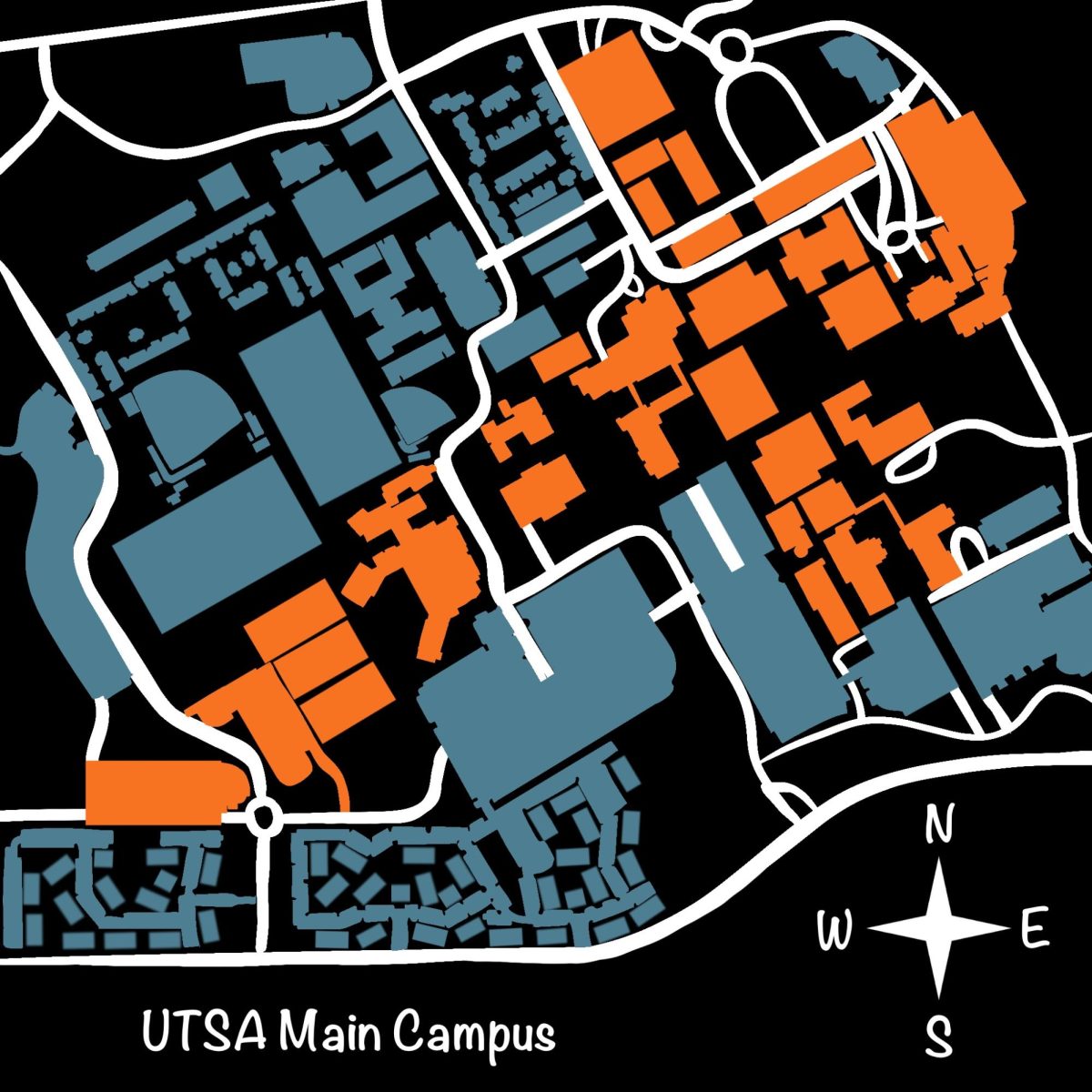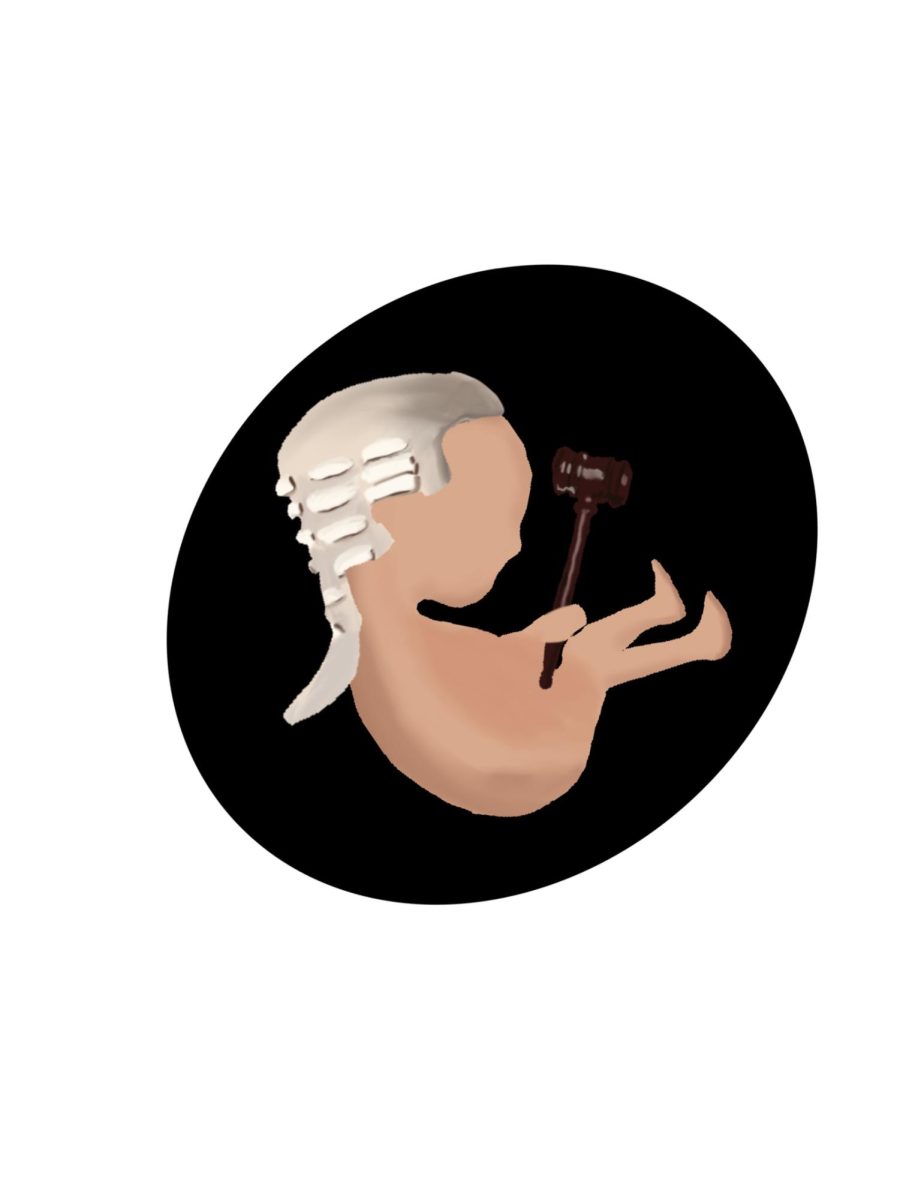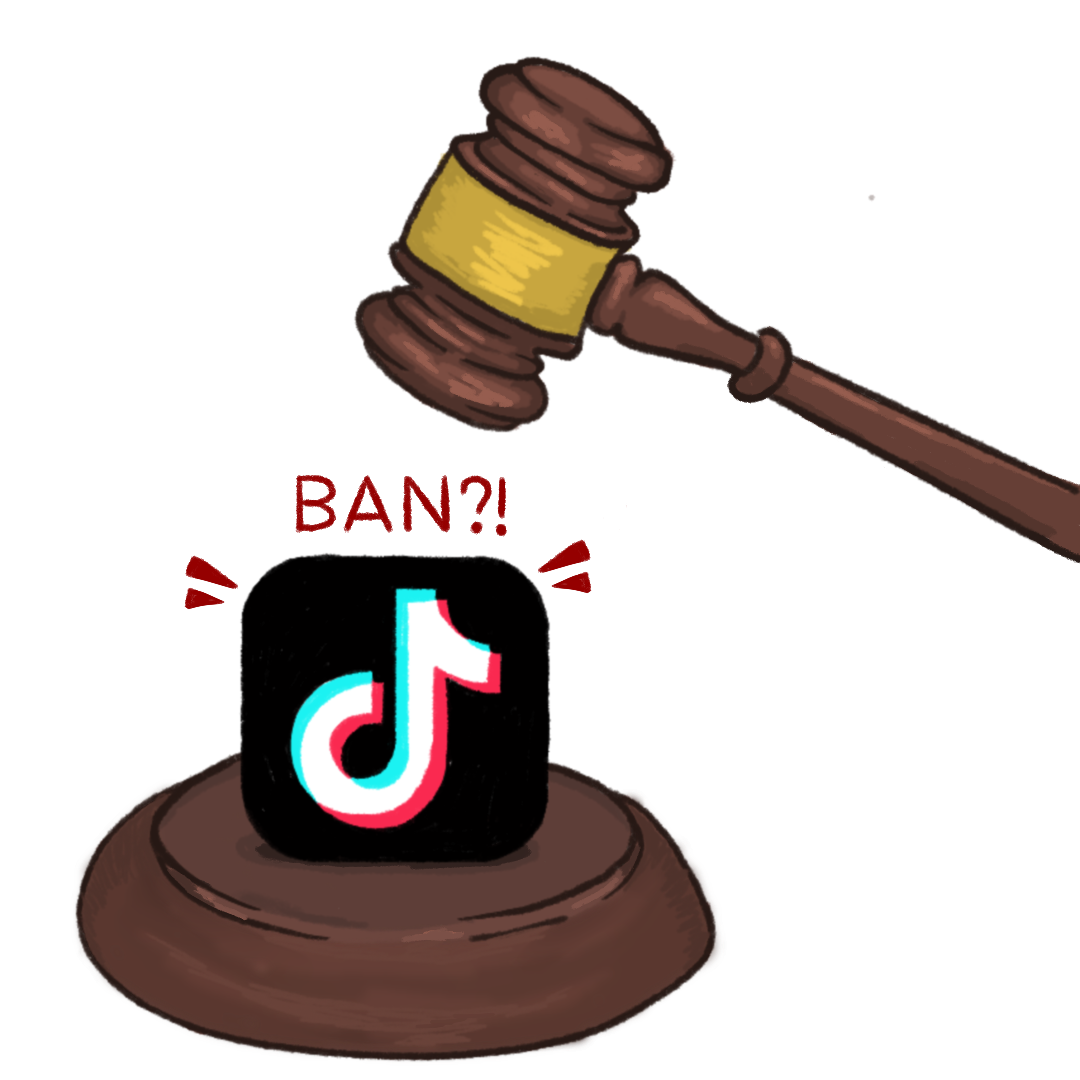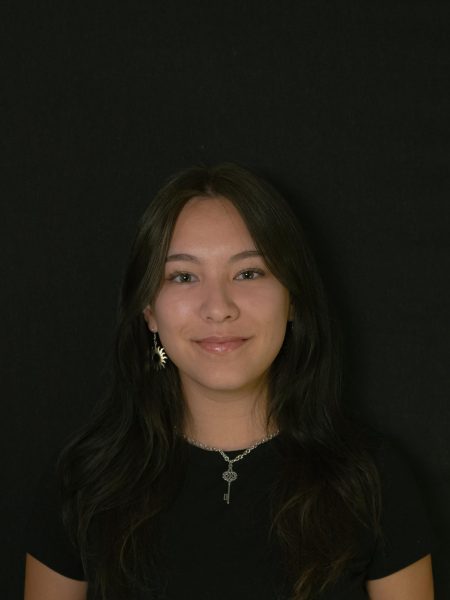The boundaries between religious freedom, the separation of church and state and the principles of public institutions have been debated for years. In the United States, the First Amendment assures the free exercise of any religion, yet it also prohibits the foundation of an official religion. However, in the case of publicly funded campuses like UTSA, students and faculty are often able to create organizations for almost anything they would like, so these boundaries can sometimes completely disappear. Due to this, the concept of religious organizations practicing and hosting on publicly funded campuses can become complex.
The First Amendment’s Establishment Clause states, “Congress shall make no law respecting an establishment of religion.” Since public schools, specifically colleges, are funded through and controlled by the government, this makes these schools a government entity. Under these circumstances, public schools should not be endorsing or supporting any specific religion. However, the First Amendment also includes the Free Exercise Clause, which protects people’s right to freely practice their religion. Permitting religious organizations to gather in public school facilities may be seen as supporting this right by providing a free space for religious projects.
In 1981, this issue was brought before the U.S. Supreme Court in Widmar v. Vincent. At this time, the University of Missouri had a policy in place that prohibited the use of university facilities by student organizations for religious worship or teaching. A Christian student organization challenged the university’s policy, insisting that it violated the First Amendment rights to freedom of speech and free exercise of religion.
The Supreme Court ended up ruling in favor of the Christian student organization. The Court held that the university’s policy violated the First Amendment as it discriminated against religious speech. They decided that since the public university opened its facilities for student group use, it was not allowed to discriminate against groups based on the content of their speech. They claimed that the university created a limited public forum by excluding groups based on their religious viewpoints.
Beyond the legal framework of this issue, community sensitivity should still be taken into consideration. At UTSA, there is a very diverse religious and non-religious population, and hosting certain religious organizations on campus may be a sensitive issue. For example, Chi Alpha, a large Christian organization on campus, recently came under fire after it was revealed that the organization had a connection to a registered sex offender who had been on campus in the past. This raised concerns about the safety of students in the organization and the general student body. Many students called for UTSA to take further action, as they were uncomfortable with the organization still being allowed to gather on campus. The institution has not set any boundaries or tried to navigate a balance between religious freedom and the community’s well-being. As of now, Chi Alpha is still allowed to campaign on campus.
Another issue that may arise with the idea of religious groups organizing on campus is having equal access for all groups. If public schools open their facilities for community use, they should be required to provide equal access to all community groups, including all types of religious organizations, in order to avoid viewpoint discrimination. Currently, there are very few largely influential religious organizations on UTSA’s campus that are not Christian. Since students may find it difficult to find a group that they can identify with, they may be driven away from feeling welcomed on campus.
The debate surrounding the presence of religious organizations on publicly funded campuses embodies a delicate balance between constitutional principles and community considerations. While there may be legal precedents in place, community sensitivity should not be overlooked. UTSA has underscored the potential challenges that arise when religious organizations come under scrutiny, raising questions about safety and the comfort of the student body. The need for institutions to navigate the fine line between upholding constitutional rights and addressing student and community concerns has become increasingly important. Institutions have a commitment to fostering inclusivity while also creating a harmonious coexistence within the diverse fabric of their campuses.














